What to Look For When Choosing Your Website Builder
A leading website builder should have a user-friendly interface, a variety of different onsite templates, global hosting capacity, and a list of incredible features that make monetizing traffic a breeze. Here are the top ten points to consider when choosing a website builder.
Easy (Non-Technical) Setup
The best website builders are non-technical, easy to set up, and require no coding skills to get up and running. Make sure there is an intuitive editing tool where you can tweak pages with shortcuts and ensure that all code is pre-populated and doesn’t need to be manually placed.
Multiple Site Templates
Look for website builders with the widest range of hard-coded templates, including blog interfaces, eCommerce shops, dropdown navigation, background visuals, and everything in between. The more options av available, the better you’re able to tailor your website to your one brand and CI.
The Ability to Host Plugins
Top website templates are able to integrate with a variety of different plugins. These can be anything from added security layers and SEO trackers to landing page builders, eComm stores, and similar. Make sure you’re always able to onboard the right plugins to further automate your content creation. For a little inspiration, check out 2022s Top WordPress Plugins.
Tailored Designs and Creatives
Look for website builders that take background/foreground imagery into consideration, with shortcuts in place to crop, resize, align and integrate with different image banks, editing suites, and similar. Existing templates should have robust editing features where you can change imagery to your site requirements.
Strong Website Hosting
Make sure your front-end site is hosted on a high-quality domain that ranks well in search engines. Moreover, look for website builders/hosting services that have strong reputations, ensure fast loading times, and carry multiple resources/support channels to get you started.
Reasonable Subscription Fees
The best paid and free website builders and hosting services usually charge a flat fee to get you started, with a monthly fee for hosting after that. However, be careful of site builders that have too many (unnecessary) gated features that can only be unlocked by upping your monthly payment plan. As a general guideline, small to medium businesses shouldn’t be looking to spend anything more than a $100-140 flat fee and $20-50 monthly site hosting.
Advertising Placements
Once your site is running and starting to bring in traffic, you can start placing relevant ads for similar products and services. Make sure your website builder is easily able to onboard, upload, and host ads with the least possible hassle. Also, make sure you have the ability to place your ad’s backend code anywhere on the website without restriction.
You can start monetizing your website traffic and maximizing your ad revenue with a list of leading ad campaigns. Sign up for the Adcash Publisher Platform. Real-time optimization algorithms will match your traffic with the most suitable ads so that you don’t have to.

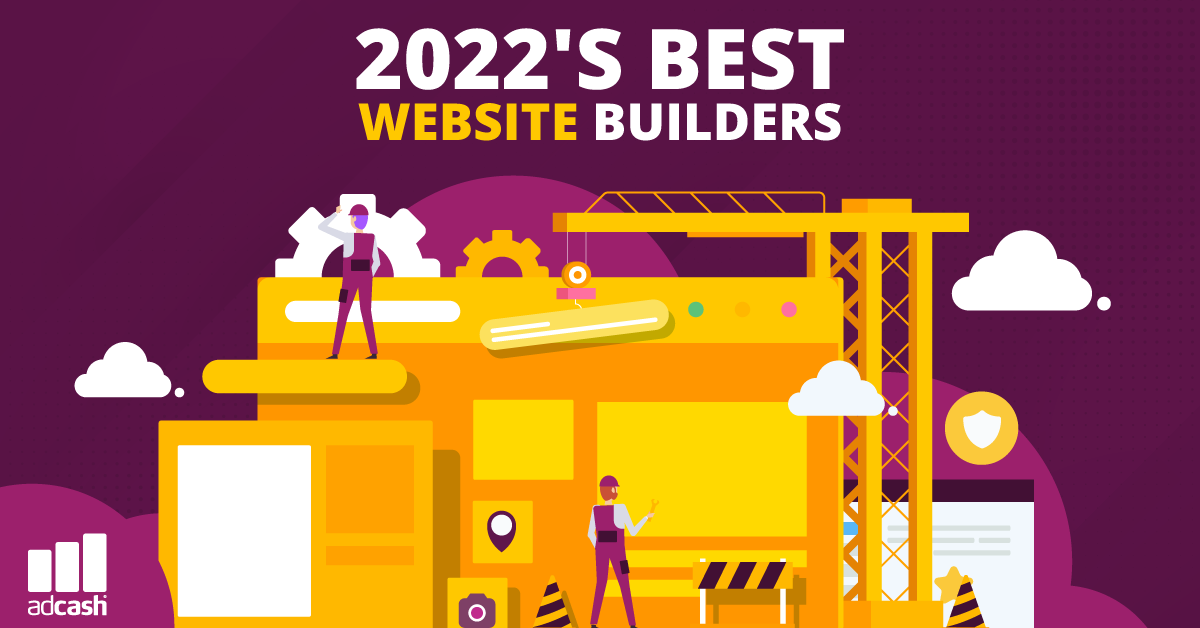
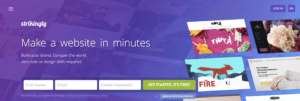
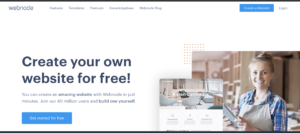
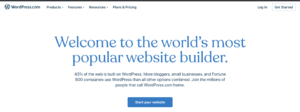

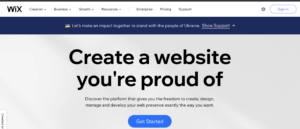
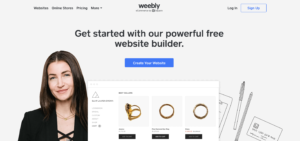
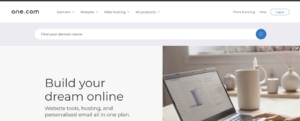
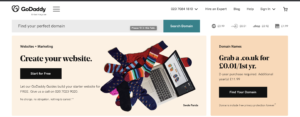
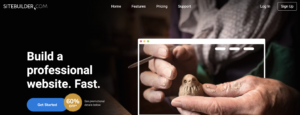
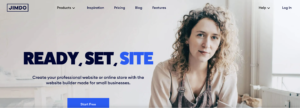
Join the conversation
0 comments
Submit a comment
Your email address will not be published. Required fields are marked *